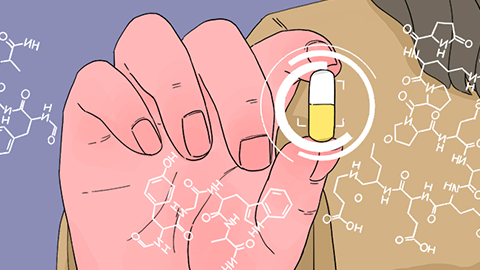How to manage neurofibromatosis
Neurofibromatosis control generally can be achieved through regular medical monitoring, targeted drug therapy, necessary surgical interventions, lifestyle adjustments, and attention to psychological well-being. If concerns arise, early consultation with a healthcare provider is recommended. Detailed explanations are as follows:

1. Regular Medical Monitoring: Follow your doctor's recommendations for regular imaging examinations and skin checks to promptly monitor tumor growth and bodily changes. If tumor size increases, the number of tumors grows, or new symptoms appear, timely communication with your doctor can help secure prompt intervention and prevent disease progression.
2. Targeted Drug Therapy: Under a doctor's guidance, use appropriate medications such as those that control tumor growth or alleviate pain and other associated symptoms. It is essential to strictly follow the prescribed dosage and frequency, avoiding self-adjusting the dosage or discontinuing medication arbitrarily, to ensure the medication's consistent effectiveness in assisting disease control.
3. Necessary Surgical Intervention: When tumors compress nerves, affect organ function, or pose a risk of malignancy, surgical removal should be performed based on medical evaluation. Postoperative care is crucial—follow medical advice for follow-up visits and monitor wound healing and any signs of tumor recurrence to ensure the effectiveness of the surgery.
4. Lifestyle Adjustments: Maintain a regular routine and avoid excessive fatigue. Eat a balanced diet rich in vitamins and proteins, while reducing intake of spicy or irritating foods. Engage in moderate low-intensity exercise to improve physical fitness and provide foundational support for the body to combat the disease.
5. Psychological Well-being: As the disease may affect appearance and daily life, it can easily lead to anxiety, depression, and other emotional issues. It is important to regulate your mindset through communication with family members, participation in enjoyable activities, and other methods. A positive psychological state helps improve physical tolerance and encourages active participation in treatment and disease management.
It is essential to strictly follow the management plan established by qualified medical professionals and avoid relying on unproven alternative therapies.






